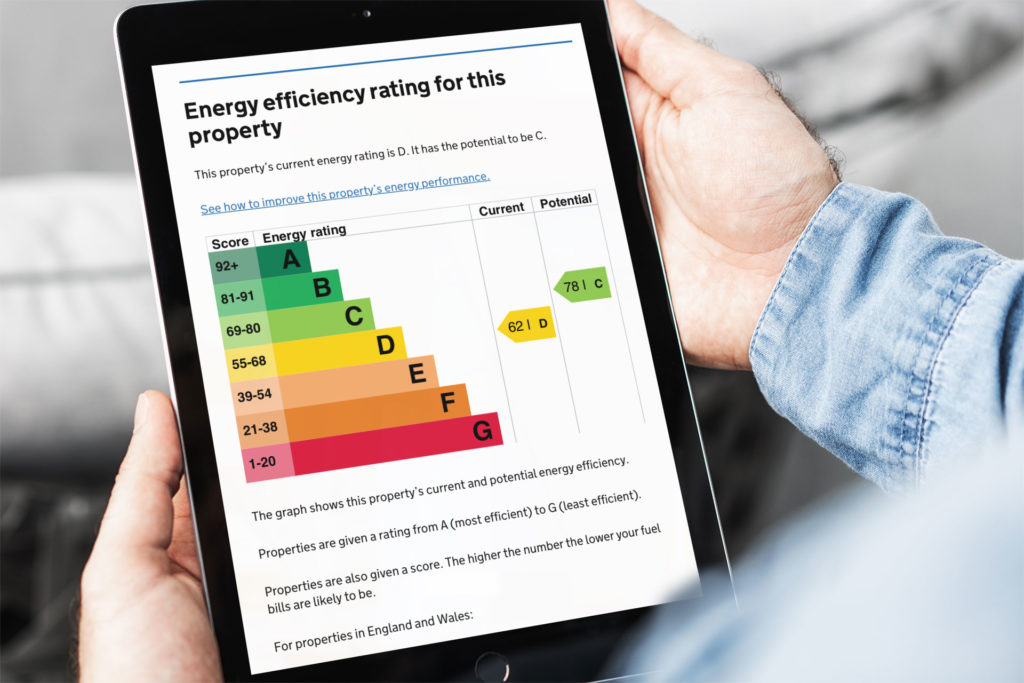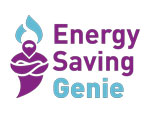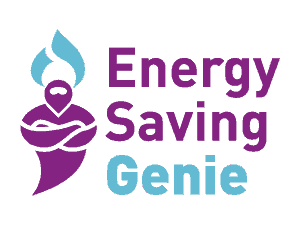This blog post is written for anyone providing entitlement advice to low-income households. Whether you are a benefit advisor working for a local authority, or an income maximisation officer for a housing association, or an advisor or volunteer at a Citizens Advice organisation, this blog will tell you everything you need to know about the Energy Company Obligation (ECO).
Once you’ve read this blog you will be able to advise clients on whether they can get a boiler grant, insulation and more, and your clients will love you for it.
The Energy Company Obligation (ECO) is a funded scheme that is designed to reduce carbon emissions and the current phase targets fuel poor and vulnerable households.
Often the poorest and most vulnerable households are paying the highest energy costs and so these grants can provide much-needed funding to those that need it most.
It’s not always easy for advisors to know who is eligible and who isn’t, so this article will provide some guidance on who is eligible for grants and how clients can get their hands on heating and insulation grants.

1. What are Energy Company Obligation grants and why do they exist?
The Energy Company Obligation (ECO) grant scheme is a government initiative designed to help energy customers in England, Scotland and Wales who are experiencing fuel poverty.
There is evidence that people living with inadequate heating or insulation at home can suffer from serious health problems.
The scheme provides grants to eligible households to make energy-efficiency home improvements and, in doing so, tackles the bigger issue of tackling climate change and reducing our carbon emissions.
The ECO scheme was introduced in 2013 and there have been modifications to the scheme over the years.
The current phase is called ECO3 and it targets fuel poverty or low-income households. We are expecting announcements regarding the next phase, ECO4, which will come into force in April 2022.
In the next phase of the scheme it is expected that funding for gas boilers will be massively reduced, or removed altogether, in line with the Boris Johnson’s “net zero” by 2050 plan where gas boilers are to be retired and replaced with other forms of heating.
ECO grants are available for energy efficiency improvements to:
*private homes, including rented housing; and
*certain types of social housing properties
The ECO scheme is designed to help tackle fuel poverty by providing grants for energy-efficiency home improvements such as loft insulation or cavity wall insulation, boilers and upgraded heating systems.
2. Who is eligible for an ECO grant?
To be eligible for a grant your client will need to meet one of the following eligibility criteria:
- Receiving a qualifying benefit
- Receiving Child Benefit and meeting income rules
- Through LA Flex or Local Authority Flexible Energy rules
Eligibility
There are 6 ways to qualify for a grant:
1. Receiving a qualifying benefit
2. Receiving Child Benefit and meeting income rules
3. Income-based eligibility (for households that earn less than £31,000 per year)
4. Vulnerable eligibility
5. Health-related eligibility
6. Bespoke targeting
This route to eligibility applies where a member of the household receives or has received a 'qualifying benefit'. If the benefit isn't a current claim (for example for households where they have gone back to work after the pandemic) providing the benefit has been claimed at some point within the last 12 months, the household will still be eligible for a grant.
Qualifying benefits include:
- Child Tax Credit
- Employment & Support Allowance (Income Based) - Income Support
- Housing Benefit
- Jobseekers Allowance (Income Based)
- Pension Credit Guarantee Credit
- Pension Credit Savings Credit
- Universal Credit
- Working Tax Credit
Note if you receive any of the following benefits you could qualify later in the scheme (or through the ECO4 Flex routes). We advise anyone claiming the following benefits to register for updates so you are the first to know when these benefits are accepted.
- Armed Forces Independence Payment
- Attendance Allowance
- Carer's Allowance
- Constant Attendance Allowance
- Disability Living Allowance (DLA)
- Industrial Injuries Disablement Benefit
- Personal Independence Payment (PIP)
- War Pensions Mobility Supplement
If you receive Child Benefit you could be eligible for the scheme but unlike the qualifying benefits above they would need to meet an additional income criteria.
The Child Benefit income criteria depends on the number of children in the household and also whether the claim is a single or joint claim.
The income limits are as follows:
Single parents
1 Child – £19,900
2 Children – £24,800
3 Children – £29,600
4+ Children – £34,500
Parents in a couple
1 Child – £27,500
2 Children – £32,300
3 Children – £37,200
4+ Children – £42,000
(figures updated to Ofgem’s Administration Consultation released on 13 June 2022)
If you are eligible through the Child Benefit route you should apply as soon as you can. The Government's Green Homes Grant excluded Child Benefit recipients so potentially this eligibility route could be removed later in the the scheme.
To be eligible through the income-based route your annual household income will need to be under £31,000. You will need to provide evidence such as bank statements and income information to confirm eligibility.
This is an ECO4 Flex route so it requires the applicants council to have published a Statement of Intent and to issue eligibility declarations.
Vulnerable people can access grants if they meet two of the following criteria (1 & 3 can’t be used together):
1. Lives in a Lower Super Output Area
2. Receives Council Tax Rebate (excluding for single person discounts)
3. Householder has a disability, mental health condition, is over 65, school children or under 16 and pregnant women.
4. Receives free school meals due to a low income
5. Supported by a Council scheme described in a Statement of Intent
6. Households referred by a Citizen’s advice as struggling to pay gas and electricity bills
7. Households in energy debt
A medical practitioner will need to complete a referral form to confirm eligibility.
This is an ECO4 Flex route so it requires the applicants council to have published a Statement of Intent and to issue eligibility declarations.
People with health conditions that are made worse by living in a cold home qualify.
These include:
- Cardiovascular diseases
- Immunosuppressed
- Mobility issues
- Respiratory conditions
A medical practitioner will need to complete a referral form to confirm eligibility.
This is an ECO4 Flex route so it requires the applicants council to have published a Statement of Intent and to issue eligibility declarations.
Installers can target specific groups of people living in fuel poverty. Installers will approach you if your property is eligible through this route.
3. Are social housing tenants eligible for grants?
4. Are landlords eligible for grants?
So, the tenants of landlords can apply for grants if the property has an Energy Performance Certificate (EPC) rating of A, B, C, D or E, but not if the property has an EPC rating of F or G.
5. Are renters eligible for grants?
6. What properties are eligible for grants?
There are grants for flats, houses, maisonettes, bungalows and pretty much every type of property. The scheme even includes park homes! The property’s age and construction usually determines what type of grants are available. For example, cavity wall insulation is only available in properties with uninsulated cavity walls.
The largest properties attract the most funding because the funding levels are assessed on the lifetime savings that can be made by improving the heating and/or insulation at the property. In some cases, contributions will be required for smaller properties, but these will always be explained and estimated after a no obligation free home assessment.
7. What grants are available?
The current phase of the grant scheme is set to end in March 2022 and the rules are set to change – it is expected that gas boiler grants will be removed altogether and that social housing tenants will be removed from the next phase of the scheme.
Aiming to help people save money on expensive fuel bills is a great way for advisors to build trust with clients and improve their clients
These grants are paid by the energy suppliers and, as they are grant and not a loan, they do not have to be paid back.
The grant is a tax free benefit. It is paid directly to the installer and it will not affect eligibility for other benefits such as Income Support or Universal Credit.
The promotion of this fund will mean your clients can receive these grants which could make their energy bills more manageable.
As an advisor you have a crucial role to play in ensuring that eligible households know about these grants. By promoting the scheme your clients will love you and you’ll sleep soundly at night knowing you’ve helped vulnerable clients escape living in fuel poverty; you’ll also have helped to reduce carbon emissions and the climate emergency!
The process of applying for an ECO grant is fairly straightforward, with the following steps:
– Firstly applicants need to apply for the scheme. You can fill in the short form here https://energysavinggenie.co.uk/energy-company-obligation (you can also apply for grants directly with most energy companies).
– Once the form has been completed, you’ll get an immediate indication of what grants can be claimed and what contributions would be, if any.
– The application will be referred to a Registered Installer. The Registered Installer will be registered with TrustMark. All work carried out under the ECO scheme comes with a range of guarantees.
After the application is made online it is issued to an installer. The installer should contact your client within 48 hours of the application being allocated. This is usually by phone, so it’s really important that the client answers the telephone when the installer calls.
If the property is suitable for a grant, and if the applicant is eligible, the installer will send a Data Match request to the DWP to confirm benefits claimed. The Energy Saving Trust carries out Data Matches on behalf of the DWP and they return the result, the main ones being ‘Matched’ or ‘Unmatched’. If your client is applying through the LA Flex route to eligibility, they’ll arrange for a declaration to be agreed by the relevant local authority.
The installer will then arrange for a free “no obligation” survey of the property. Usually this is carried out as a physical survey but, in some cases, they can be carried out as a virtual survey. The installer will report back on the findings of the survey and confirm the viability of grants and talk the client through any considerations.
The final step in the process is for installation to be booked. Hopefully, this will mean that your client will have lower energy bills and funded home improvements.
The installer will provide all the relevant documentation including warranties and guarantees to the client, and they will also provide contact details for any follow-up queries.
Fuel poverty and climate change are two massive issues facing our world today. If you’re a benefits advisor, now is your chance to make a difference. Please tell your clients about these energy saving grants by mentioning them during conversations or using promotional materials like brochures and flyers.
Visit https://energysavinggenie.co.uk/energy-company-obligation/ to check eligibility for grants and apply.



